Fueling your body before hitting the gym is as essential as the workout itself. The right pre-workout meal or snack can make the difference between a mediocre workout and an outstanding one. Whether you’re lifting weights, running, or doing a high-intensity interval training (HIIT) session, the food you consume before exercising can impact your energy levels, performance, and overall results. In this comprehensive guide, we’ll explore what to eat before going to the gym to optimize your workout performance.
Why Pre-Workout Nutrition Matters
Before diving into specific foods, it’s crucial to understand why pre-workout nutrition is so important. When you exercise, your body uses glycogen, the stored form of glucose, as its primary energy source. If your glycogen stores are low, your body may struggle to perform at its best, leading to fatigue, reduced endurance, and even muscle breakdown.
Eating before a workout serves several key purposes:
- Energy Boost: Consuming carbohydrates provides your muscles with the glycogen they need for sustained energy during exercise.
- Muscle Preservation: Including protein in your pre-workout meal helps protect your muscles from breakdown during intense workouts.
- Improved Performance: A well-balanced pre-workout meal can enhance your strength, endurance, and overall workout performance.
- Mental Focus: The right nutrients can sharpen your mental focus, helping you stay concentrated and motivated throughout your workout.
Timing Your Pre-Workout Meal
The timing of your pre-workout meal is just as important as the food you eat. Ideally, you should consume a meal or snack 30 minutes to three hours before your workout. The exact timing depends on your body and the type of workout you’re planning.
- 30 Minutes to 1 Hour Before Workout: Opt for a small, easily digestible snack that provides a quick energy boost. This is particularly important if you’re exercising first thing in the morning or if you haven’t eaten in a few hours.
- 1 to 3 Hours Before Workout: A larger meal can be consumed, as your body will have enough time to digest it before exercise. This meal should be well-balanced, including carbohydrates, protein, and a small amount of fat.
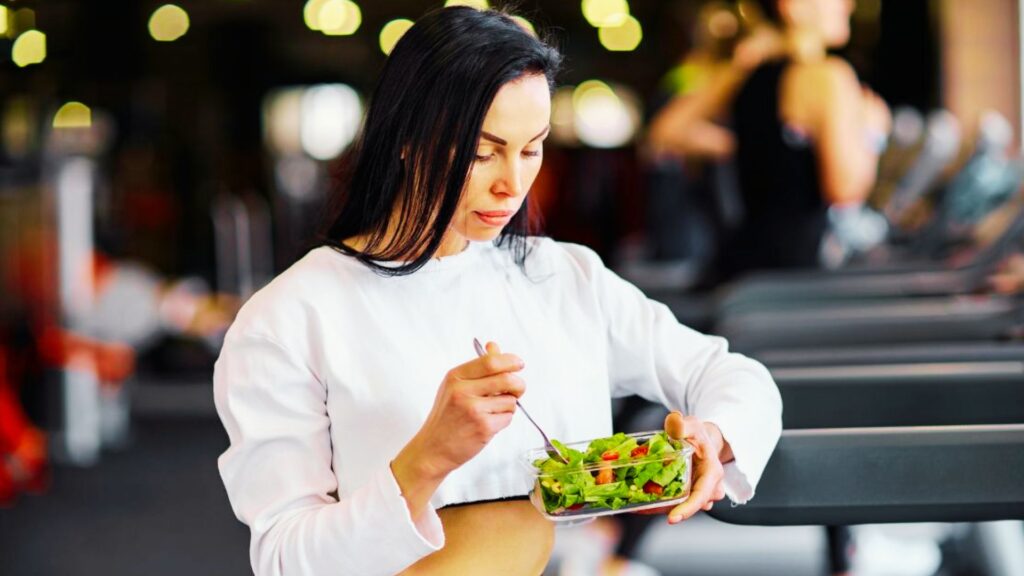
Macronutrients and Their Role in Pre-Workout Nutrition
Understanding the role of macronutrients—carbohydrates, proteins, and fats—is key to creating the perfect pre-workout meal.
1. Carbohydrates
Carbohydrates are your body’s preferred energy source, especially during high-intensity workouts. When you eat carbs, your body breaks them down into glucose, which is then stored as glycogen in your muscles. Consuming carbs before a workout ensures that your muscles have plenty of glycogen to draw from, helping you power through your exercise routine.
Examples of Pre-Workout Carbs:
- Oatmeal: A small bowl of oatmeal with a drizzle of honey is an excellent source of slow-releasing carbohydrates, providing sustained energy.
- Banana: Bananas are rich in fast-digesting carbohydrates and potassium, making them a great pre-workout snack.
- Whole-Grain Bread: A slice of whole-grain bread topped with a natural nut butter is a balanced option, combining carbs with a bit of healthy fat.
2. Protein
Protein is crucial for muscle repair and growth. Consuming protein before your workout helps prevent muscle breakdown and promotes muscle protein synthesis during and after your exercise session.
Examples of Pre-Workout Protein:
- Greek Yogurt: Packed with protein and probiotics, Greek yogurt can be paired with fruit for a balanced pre-workout snack.
- Protein Smoothie: Blend a scoop of protein powder with some fruit and almond milk for a quick, digestible source of protein.
- Eggs: A hard-boiled egg or two can provide a substantial amount of protein, perfect for pre-workout fuel.
3. Fats
While fats are an essential part of your diet, they are slower to digest and are best consumed in moderation before a workout. Including a small amount of healthy fats in your pre-workout meal can provide a steady energy release during longer, less intense workouts.
Examples of Pre-Workout Fats:
- Avocado: A few slices of avocado on whole-grain toast offers healthy monounsaturated fats and fiber.
- Nuts and Seeds: A small handful of almonds or chia seeds can add a dose of healthy fats and protein to your meal.
- Nut Butter: A tablespoon of almond or peanut butter on whole-grain toast or with an apple provides a balanced mix of fats, protein, and carbs.
Sample Pre-Workout Meal Ideas
Now that we’ve covered the basics, here are some sample pre-workout meal ideas tailored to different timing needs and workout types.
1. Quick Snack (30 Minutes to 1 Hour Before Workout)
- Banana with Nut Butter: Slice a banana and top it with a tablespoon of almond or peanut butter for a quick, energy-boosting snack.
- Rice Cakes with Avocado: Spread mashed avocado on a couple of rice cakes for a light, easily digestible option.
- Protein Bar: Choose a high-quality protein bar with minimal added sugars and a balanced ratio of carbs, protein, and fats.
2. Balanced Meal (1 to 3 Hours Before Workout)
- Chicken and Brown Rice: Grilled chicken breast with a side of brown rice and steamed vegetables is a classic pre-workout meal that provides a great balance of carbs, protein, and fats.
- Greek Yogurt with Berries and Oats: Mix Greek yogurt with a handful of oats and berries for a meal that combines protein, carbs, and antioxidants.
- Quinoa Salad: Prepare a quinoa salad with mixed greens, cherry tomatoes, cucumber, grilled chicken, and a drizzle of olive oil. Quinoa is a great source of complex carbs and protein.
Hydration: The Unsung Hero
While food is crucial, hydration should never be overlooked. Dehydration can lead to fatigue, dizziness, and reduced performance. Ensure you’re adequately hydrated before hitting the gym by drinking water throughout the day. Aim for at least 16-20 ounces of water in the hours leading up to your workout.
If you’re engaging in a particularly intense or long workout, consider drinking an electrolyte beverage to replenish lost minerals. Coconut water is a natural alternative that provides electrolytes like potassium and magnesium.
Foods to Avoid Before a Workout
Just as there are foods that enhance your workout, there are also foods that can hinder it. Here are some foods and drinks to avoid before exercising:
- High-Fiber Foods: While fiber is essential for a healthy diet, consuming too much fiber before a workout can cause bloating, gas, and discomfort. Avoid large portions of beans, lentils, and cruciferous vegetables right before your workout.
- Greasy and Fried Foods: These foods are heavy and slow to digest, which can lead to sluggishness and discomfort during your workout.
- Sugary Snacks and Drinks: While sugar can provide a quick energy boost, it often leads to a rapid crash, leaving you feeling fatigued and unmotivated.
- Alcohol: Alcohol is dehydrating and can impair your coordination, making it best to avoid before any physical activity.
Listening to Your Body
Ultimately, the best pre-workout meal is one that works for your body. Everyone’s digestive system is different, and what works for one person may not work for another. Experiment with different foods and timings to see what makes you feel the most energized and focused during your workout.
Keep in mind that your pre-workout nutrition is just one piece of the puzzle. Consistency in your overall diet, staying hydrated, getting enough sleep, and having a solid workout plan are all essential components of achieving your fitness goals.
Conclusion
Eating the right foods before going to the gym can significantly enhance your workout performance, helping you reach your fitness goals faster and more effectively. Focus on balanced meals that include carbohydrates, protein, and a small amount of healthy fats, and always stay hydrated. By understanding the importance of pre-workout nutrition and tailoring it to your individual needs, you’ll be well on your way to achieving peak performance in the gym.
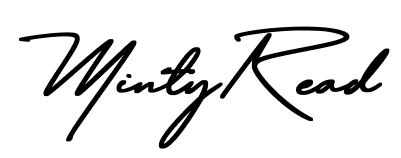




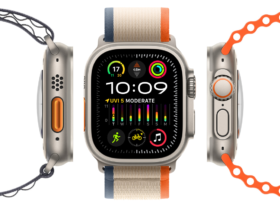






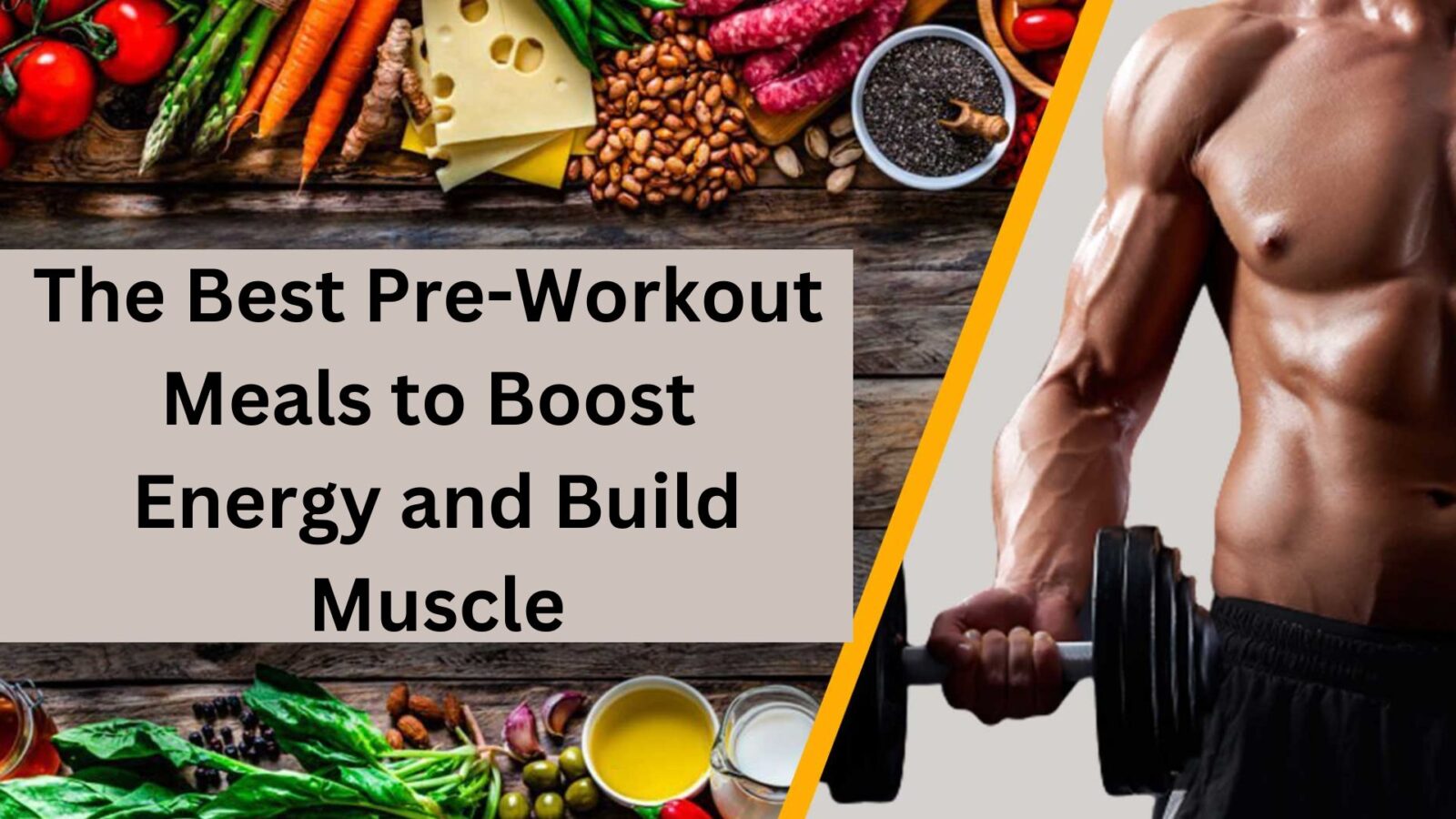




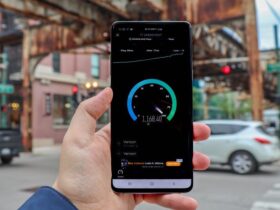


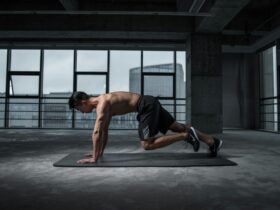
Leave a Reply